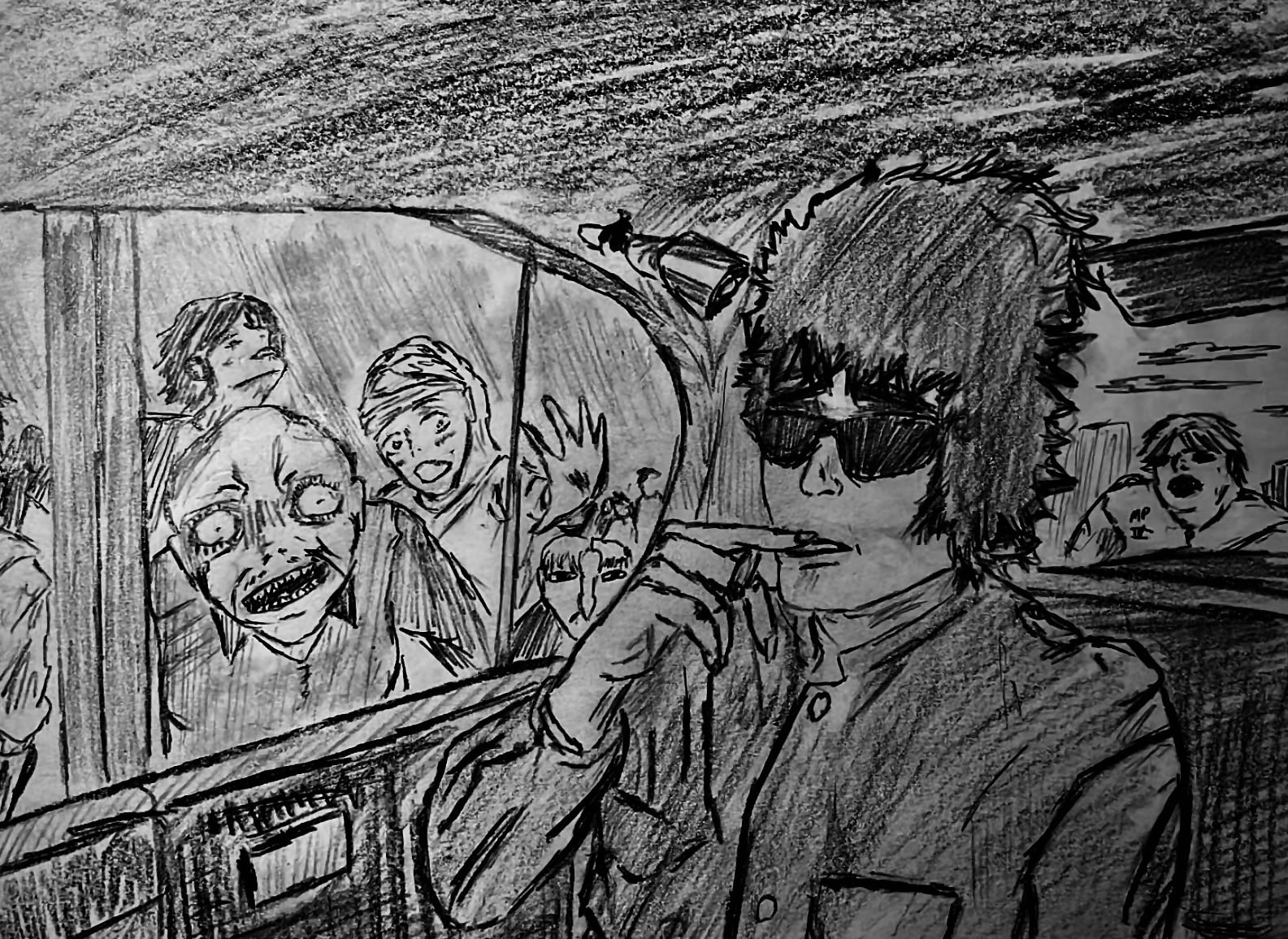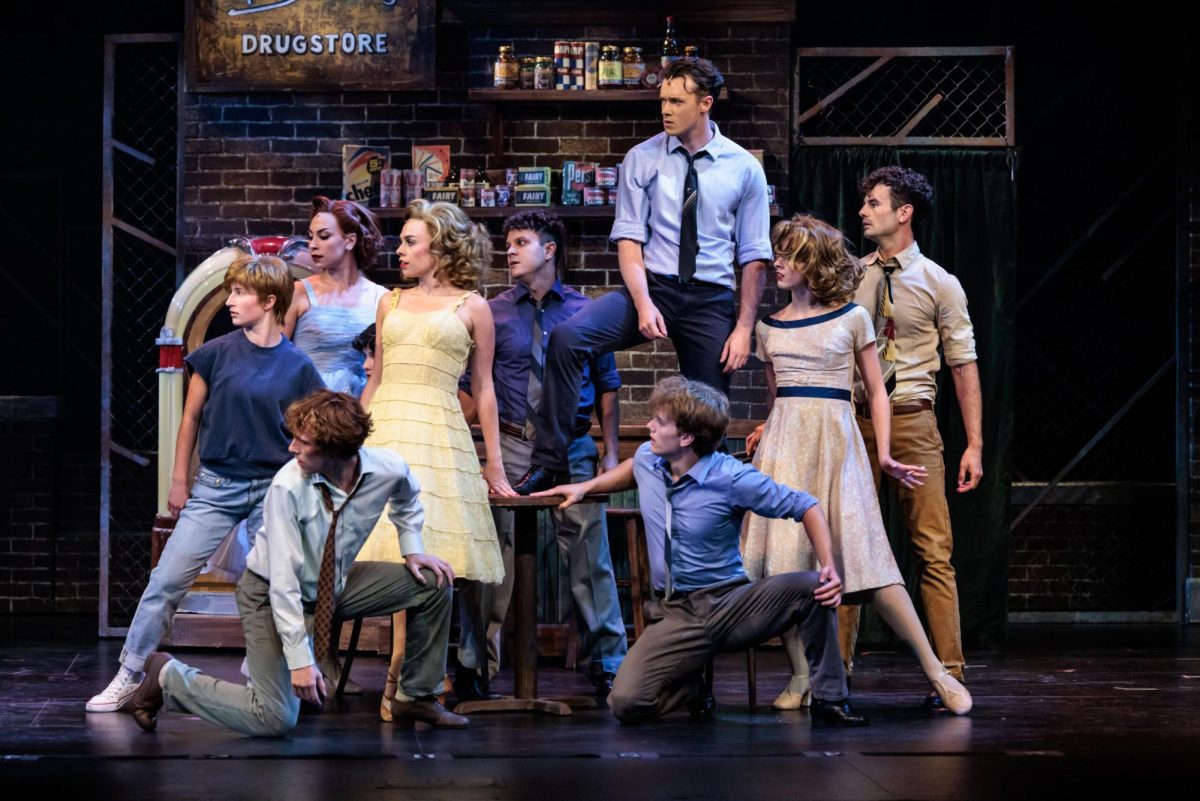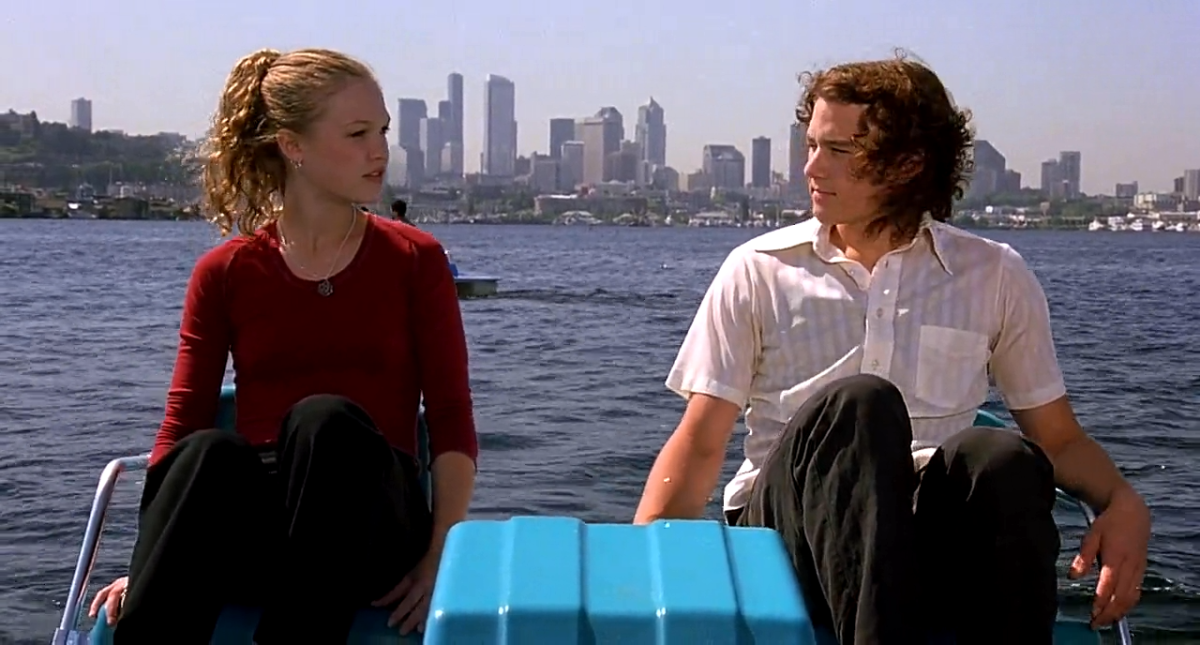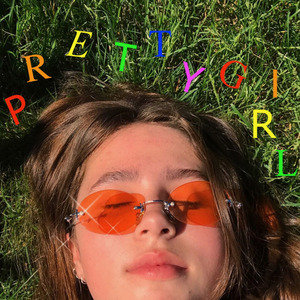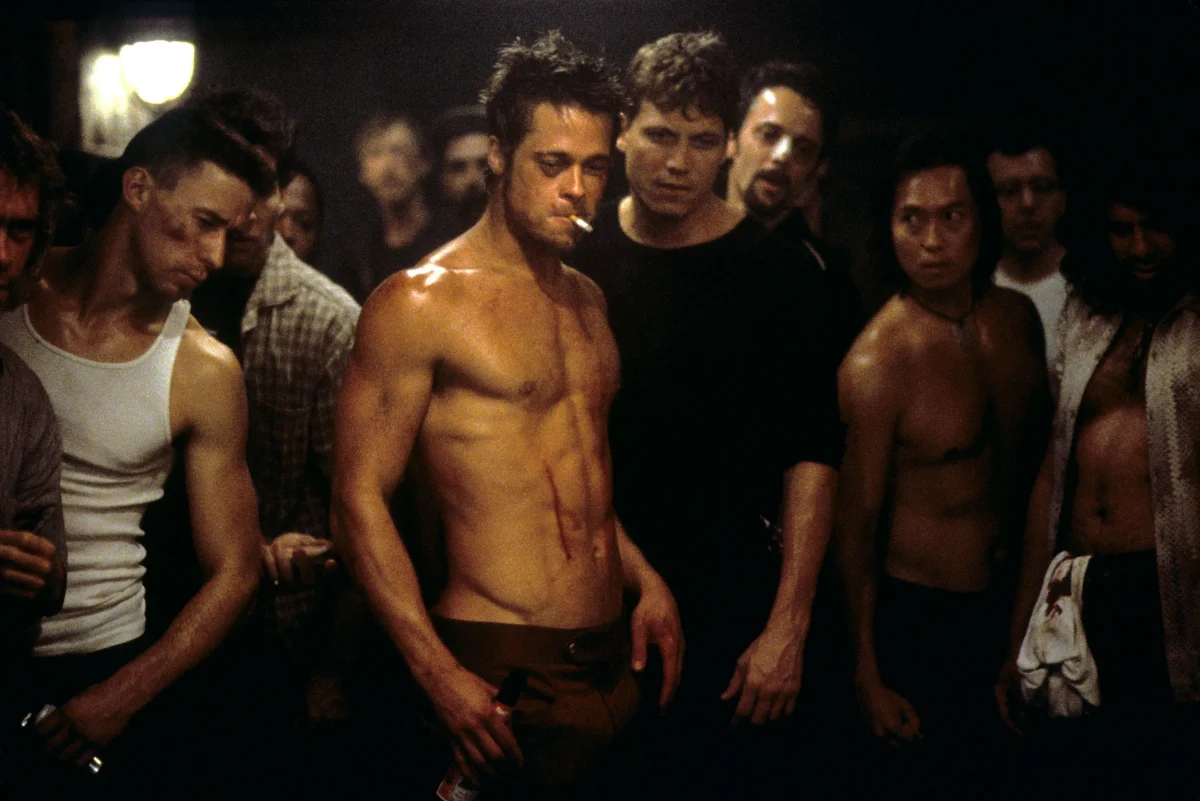Bob Dylan is an enigma. He’s been heralded as the “voice of a generation,” but he speaks in rhymes and riddles. He’s been called Judas, but many see him as more of a messiah. His music is deep and reflective, but it’s filled with nonsense and ramblings.
Basically, he’s the perfect artist for Gen Z.
It’s impossible to generalize a generation of millions of people, but I’d say that Gen Z is similarly paradoxical. We’re more connected than any generation before us has ever been, but each of us is trying to figure out what makes us an individual. We put our feelings on display for the world to see, but we struggle to decipher just what those feelings are. We’re supposed to be the generation who saves the world, but the weight of the world is against us.
To me, Dylan represents change. He’s a chameleon. His ability to completely reinvent himself with seemingly no warning, while still being distinctly Bob Dylan, is incredibly captivating. More than any generation before us, Gen Z are the generation of change.
We’ve grown up in a hyperconnected digital world that people fifty years ago could never have dreamed of. That connection has led to us being more open with our feelings, more socially aware, and more cognisant of how authority figures misuse power.
Dylan got famous making protest songs like “Masters of War” and “With God On Our Side,” but he quickly got tired of being the “protest guy.” The label of “The voice of a generation” was placed on him, and he was lauded as the great bringer of change.
As he shied away from the expectations of his audience and moved towards electric guitars and more cryptic messages in his music, his audience turned on him. During a 1966 concert in Manchester, England, a fan famously yelled “Judas!” at Dylan as a reaction to this new electric sound.
After a motorcycle crash in 1966, Dylan again shied away from people’s expectations of who he was. He dropped the electric guitars and confusing lyrics and turned to country music. In the mid-1970s, he donned white face paint and a cowboy hat and traveled the country with an all-star group of musicians. At the end of the ‘70s, Dylan became a born-again Christian.
That refusal to be shunted into a box, to fit into a predetermined label, is what makes Bob Dylan such a great representation of what Gen Z is all about. Dylan constantly shapeshifts to fit his own narrative, just like Gen Z so openly tries to understand who we are. Both Dylan and Gen Z refuse to serve anyone’s agenda but their own.
Another thing that makes Dylan so alluring is his unbridled passion. Listen to “Ballad of a Thin Man” live at the Royal Albert Hall in 1966, or “Like a Rolling Stone” from the aforementioned Manchester show, or anything from his 1975-76 Rolling Thunder Revue tour, and you’ll hear a man who puts unmatched levels of emotion and reaction into his music.
Spiritually, our modern-day Gen Z equivalent to Bob Dylan is Chappell Roan. Just like Dylan, Chappell is unapologetically herself. She refuses to let anyone but herself define who she is, and you can hear that very Dylan-esque passion and emotion in her music.
The upcoming movie about Dylan, A Complete Unknown, has me thinking about his legacy and how we view him today. A lot of people see Dylan as just “the guy from the 60s with the harmonica,” and I’m hoping this movie will show off Dylan’s attitude of constant change.
The idea of a straightforward biopic about Bob Dylan is a little odd. To make a movie about Dylan is to sensationalize and label him, which is exactly the opposite of what he stands for. But if Timothée Chalamet can convey even a fraction of Dylan’s unwillingness to compromise, his refusal to be put into a box, then I’ll walk out of the theater satisfied.
Even though Bob Dylan was the voice of a generation whose heyday ended half a century ago, what he represents is just as relevant today as it ever was.
The times may be a-changing, but the message never will.


